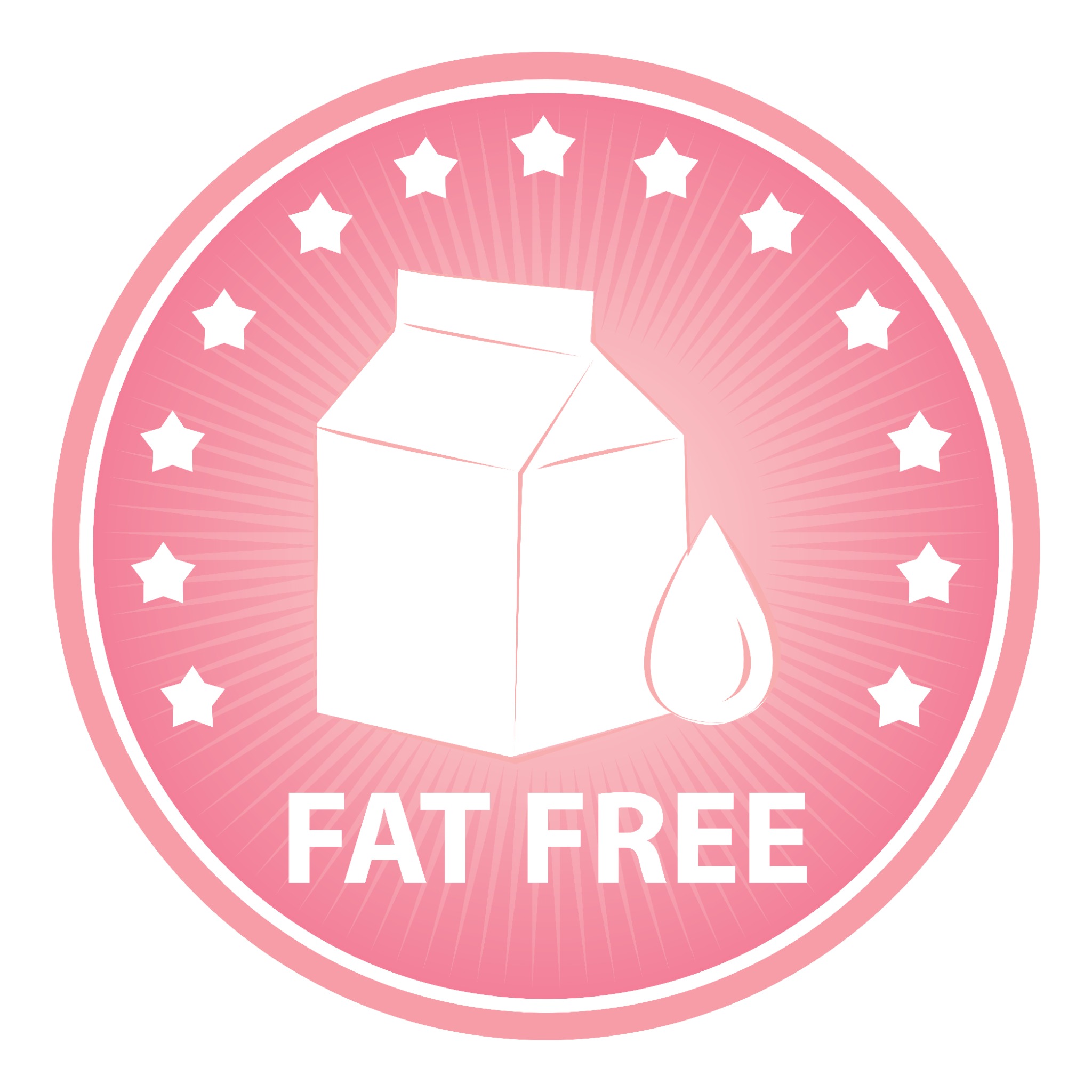
123rf
In the ever-evolving world of health and wellness, countless health fads have emerged, each promising to be the next miracle solution for weight loss, detoxification, or overall well-being. From bizarre diets to unusual supplements, many of these health fads have captivated public attention, only to fade into obscurity as their claims failed to hold up under scientific scrutiny. While some trends offer temporary results or placebo effects, they often lack the sustainability and safety required for long-term health. Here we explore 12 health fads that once dominated headlines but have since been debunked and discarded, emphasizing the importance of evidence-based approaches to wellness.
1. The Grapefruit Diet

123rf
The Grapefruit Diet, popular in the 1930s, claimed that consuming half a grapefruit before each meal could burn fat and boost metabolism. However, the scientific evidence behind these claims was weak, and the fad diet proved unsustainable for most people. Over time, nutritionists highlighted the importance of balanced diets, rendering this citrus-centric approach obsolete. Today, the focus is on whole foods and portion control rather than health fads like single-food solutions.
2. Tapeworm Pills

123rf
In the early 20th century, some people turned to tapeworm pills to lose weight, believing that the parasites would consume excess calories. The risks, however, far outweighed any potential benefits, as tapeworms can cause severe health problems, including malnutrition and intestinal blockages. Medical advancements have since eradicated the need for such dangerous practices. The emphasis now is on safe, sustainable weight management methods.
3. Juice Cleanse

123rf
Juice cleanses surged in popularity in the early 2000s, with claims of detoxifying the body and aiding weight loss. Despite their appeal, they often lack essential nutrients and can lead to muscle loss and metabolic slowdown. Experts now argue that our bodies have built-in detox systems, the liver and kidneys, that don’t require extreme diets to function. Balanced eating and regular exercise have been proven more effective for long-term health.
4. Fat-Free Craze

123rf
The fat-free craze of the 1990s led many to believe that eliminating all fats from their diets would result in weight loss and improved health. However, fat is essential for nutrient absorption, brain function, and hormone production. The removal of fat from products often led to the addition of sugars and other unhealthy ingredients. Modern nutrition advice emphasizes the importance of healthy fats, such as those from avocados, nuts, and fish.
5. Master Cleanse

123rf
The Master Cleanse, involving a concoction of lemon juice, cayenne pepper, maple syrup, and water, promised rapid weight loss and detoxification. While followers did lose weight, it was often temporary and due to severe caloric restriction. Such extreme diets and health fads can be harmful, leading to nutrient deficiencies and other health issues. Sustainable, balanced eating habits are now recognized as the best approach to weight management.
6. Cabbage Soup Diet

123rf
The Cabbage Soup Diet, a week-long eating plan centered around unlimited cabbage soup, was touted for quick weight loss. While participants did see short-term results, they often experienced hunger, fatigue, and boredom due to the diet’s restrictive nature. Once the diet ended, weight regain was common. Today, variety and moderation are key principles of effective and enjoyable weight loss strategies.
7. Alkaline Diet

123rf
The Alkaline Diet claims that eating certain foods can alter the body’s pH balance, promoting better health and weight loss. However, the human body naturally regulates its pH levels, making dietary attempts to change it largely ineffective. Furthermore, scientific evidence supporting the diet’s claims is scant. Emphasis on balanced, nutrient-rich diets remains the gold standard for health.
8. HCG Diet

123rf
The HCG Diet, which combines severe caloric restriction with injections of human chorionic gonadotropin (HCG), a hormone produced during pregnancy, gained attention for its rapid weight loss promises. However, the FDA has declared HCG diet products illegal and fraudulent, as there is no substantial evidence supporting their efficacy. Severe calorie restriction can lead to various health problems, making this diet both ineffective and unsafe. The consensus now favors more balanced and evidence-based weight loss methods.
9. Slimming Body Wraps

123rf
Body wraps, often marketed in spas, promised to help users lose inches from their waistlines through temporary compression and detoxification. While they might offer short-term water weight loss, the effects are fleeting and do not result in lasting fat reduction. Furthermore, these treatments can be expensive and time-consuming without providing significant benefits. Sustainable weight management focuses on diet, exercise, and lifestyle changes rather than quick fixes.
10. Blood Type Diet

123rf
The Blood Type Diet suggested that people should eat according to their blood type to achieve optimal health and weight loss. Despite its popularity, there is no scientific evidence to support the diet’s claims, and many nutritionists consider it a pseudoscience. The diet’s restrictions can also lead to nutrient deficiencies. Modern dietary advice emphasizes personalized nutrition based on individual health needs and preferences rather than blood type.
11. Apple Cider Vinegar Shots

123rf
Taking shots of apple cider vinegar was once thought to aid weight loss, improve digestion, and boost metabolism. However, the harsh acidity can damage tooth enamel, irritate the throat, and cause stomach issues when consumed in large amounts. Scientific support for its health benefits is limited, and experts recommend incorporating it sparingly into meals rather than as a standalone remedy. A balanced diet and regular physical activity remain the best strategies for achieving and maintaining health.
12. The Cotton Ball Diet

123rf
The Cotton Ball Diet, where individuals consume cotton balls soaked in juice to feel full without eating actual food, is extremely dangerous. This fad can lead to severe gastrointestinal blockages and malnutrition, posing significant health risks. It highlights the extremes to which some will go in the pursuit of weight loss. Current health guidelines emphasize the importance of balanced, nutritious eating habits for maintaining a healthy weight and overall well-being.
Embracing Sustainable Health Practices Over Health Fads

123rf
As we’ve seen, fad diets often promise quick fixes but rarely deliver lasting, safe results. Over time, scientific research and medical advancements have debunked many of these trends, highlighting the importance of balanced nutrition, regular physical activity, and holistic wellness. It’s essential to approach new health trends with skepticism and prioritize evidence-based practices. By focusing on sustainable habits, we can achieve better health outcomes and avoid the pitfalls of fleeting fads.


















